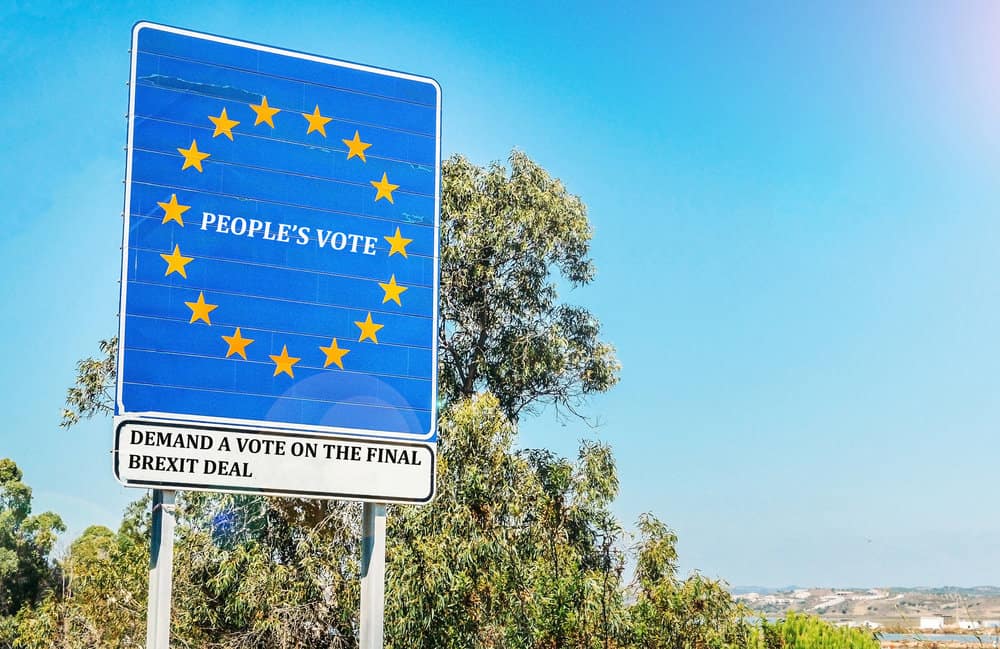
At a briefing at the British Prime Minister’s residence, Downing Street, on 29 April a spokesman for Prime Minister Theresa May has confirmed that there will be a delay of the next session of Parliament. That session is normally launched by the Queen’s Speech, which gives details of the work to be completed in the annual session.
The last Queen’s Speech was in fact two years ago, in June 2017, with the session meant to end with the exit of the United Kingdom from the European Union (EU). However, the Prime Minister’s spokesman refused to say when the legislative agenda will be announced and confirmed that the Government wanted to get its EU Withdrawal Bill through Parliament before the end of the session.
So far there is no indication of when the Withdrawal Bill will be presented to Parliament. Elections are scheduled for this Thursday, 2 May to elect local council members. Therefore, Government officials are preoccupied with these elections rather than focusing on Brexit. Conservative Party officials are concerned that voters themselves are focusing on Brexit, rather than local issues such as waste management, social services and transport issues, and that the elections could see the party losing around 800 council seats, putting even more pressure on the Tories and Prime Minister May.
An article in The Times on 29 April first alerted readers that the Tories could delay the introduction of a new legislative agenda when it suggested, “Theresa May is scrambling to find legislation to keep MPs busy over the summer so that she can delay a potentially fatal Queen’s Speech until the autumn.”
The newspaper article continued, “The parliamentary session is already on course to be the longest in post-war history, but the prime minister lacks the authority to start a new term.”
According to The Times, the EU withdrawal bill is “the last significant piece of legislation” available to The Government, but May cannot submit it to a vote because she expects the deal to be rejected for a fourth time and that would force her to end the Parliamentary session.
In an effort to delay the end of the session, May has “drawn up a list of relatively benign legislation to justify extending the session beyond the original two-year deadline due in June.”
Legislation to change the tax treatment of sporting testimonials, an increase in tenants’ rights and an increase the maximum sentences for cases of animal cruelty are among some of the new potential statutes being considered.
Meanwhile, the Labour Party, which is still in Brexit talks with the Government, will hold a meeting of its National Executive Committee on 30 April to discuss its approach to European Parliamentary elections.
A significant number of Labour members want to make a confirmatory vote on any Withdrawal Agreement deal a prerequisite of negotiations with the Conservatives. Other Labour members believe that there should not be any new votes on Brexit. Labour leader Jeremy Corbyn is known to have supported leaving the EU before he became party leader in 2015, but the issue has divided the Labour vote.
Jon Lansmann, the founder of Momentum and also a member of Labour’s National Executive, the group within the Labour Party that supported Corbyn’s election as leader, has said, “At conference we agreed: ‘If the Government is confident in negotiating a deal that working people, our economy and communities will benefit from they should not be afraid to put that deal to the public.’ So surely we too can all agree to a confirmatory vote on any government deal in our manifesto!”
Other Labour members see a confirmatory vote as divisive and believe that the official opposition party should concentrate on delivering better services, jobs and improved working conditions with a shift in wealth and power through the election of a democratic socialist Corbyn government.
